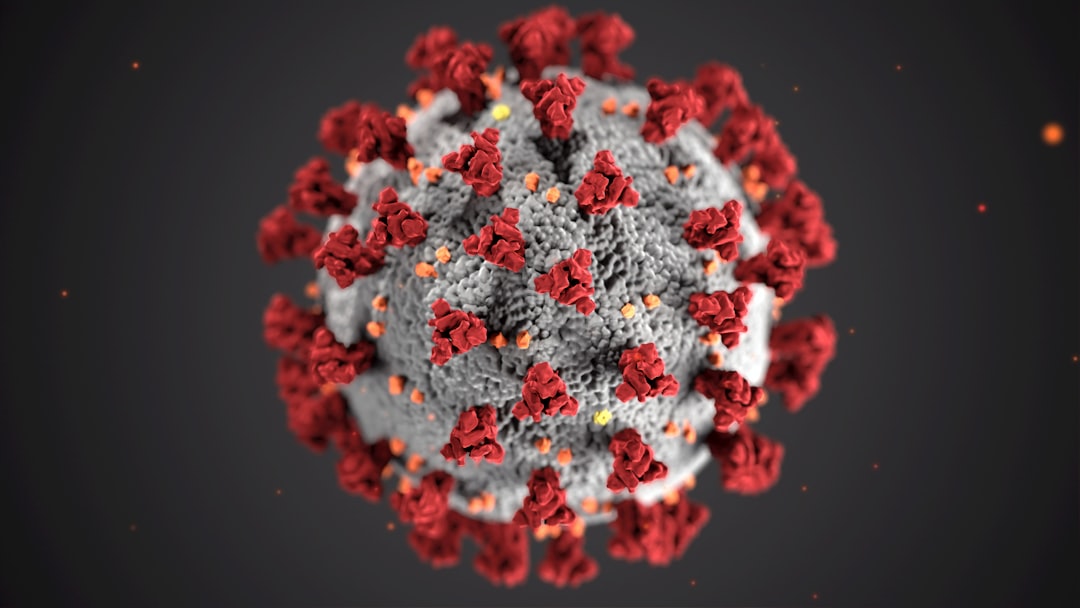What is it about?
Our application of a recently developed geochemical analysis (dual clumped isotope thermometry) on fossil eggshells revealed that Troodon, a dinosaur with several bird-like characteristics, was warm-blooded like modern birds but produced its eggs in a way comparable to modern reptiles. Based on these results, we were able to determine that Troodon produced only 4-6 eggs per clutch and thus, the large Troodon fossil nest (with up to 24 eggs) were likely shared by multiple females.
Featured Image

Photo by Lucas George Wendt on Unsplash
Why is it important?
Understanding biology and behaviour of dinosaurs has always been a great challenge for palaeontologists because soft tissues (like skin or internal organs) are often not preserved. Our work revealed new information about both of these aspect for Troodon.
Perspectives
Working on this project was an exciting experience that opened me and my collaborators to a completely new set of future possibilities. Our approach, the first of its kind, shows that even the molecules of something apparently irrelevant like a broken eggshell can tell the tale of how dinosaurs lived.
Mattia Tagliavento
Goethe-Universitat Frankfurt am Main
Read the Original
This page is a summary of: Evidence for heterothermic endothermy and reptile-like eggshell mineralization in
Troodon
, a non-avian maniraptoran theropod, Proceedings of the National Academy of Sciences, April 2023, Proceedings of the National Academy of Sciences,
DOI: 10.1073/pnas.2213987120.
You can read the full text:
Contributors
The following have contributed to this page










